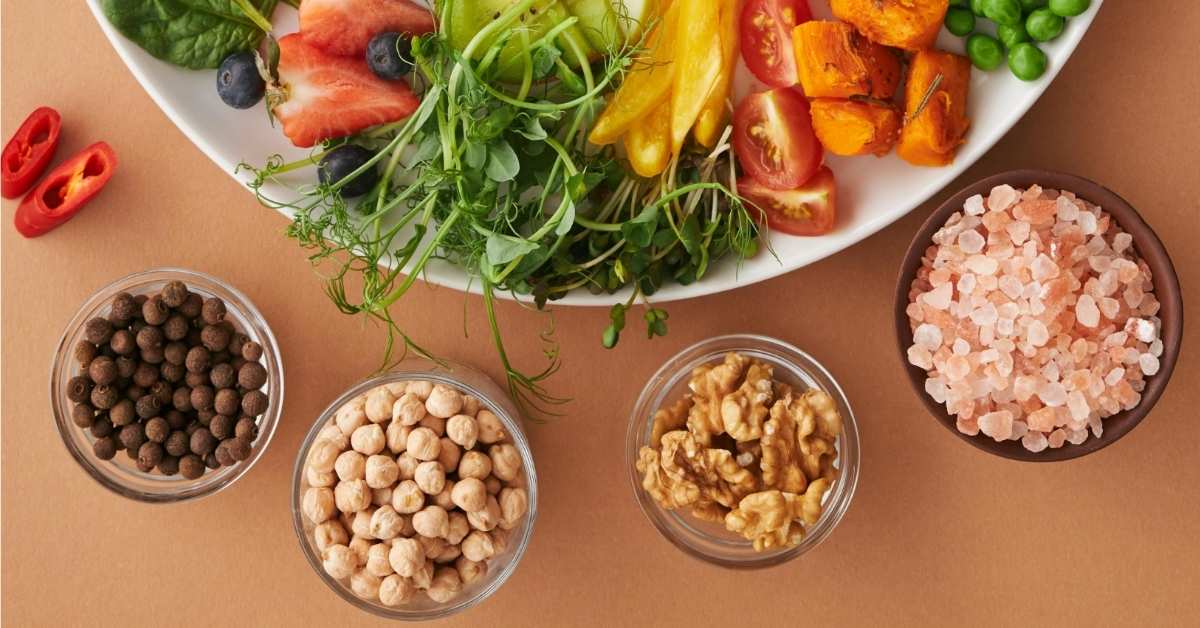At Pondville Correctional Center in Norfolk, Massachusetts, some incarcerated individuals are adding a beekeeper’s veil to their standard-issue uniforms.
It’s part of a new pilot program, in which a select number of individuals participate in a hands-on curriculum that teaches them the science of beekeeping.
Volunteer Susan Goldwitz, a 75-year-old retired English teacher, made a donation to the state’s Department of Corrections to make the program possible. Now, she’s taking what was once a personal hobby and turning it into a life-changing opportunity for community members who are incarcerated.

“What makes a good beekeeper is someone who can plan and have impulse control, who can focus, be mindful, calm and curious. They need to be involved in nature, be interested in themself and others, and have empathy,” Goldwitz told Mass Live.
“These were qualities that I realized that people I was teaching at the correctional facilities would benefit from — it’s exactly what I want my students who are incarcerated to be learning about.”
Earlier this year, the program’s partner company, Best Bees, delivered two hives containing 40,000 bees to the facility. Since then, Goldwitz and other correctional staff have monitored the hives and surveyed interest from the incarcerated individuals.
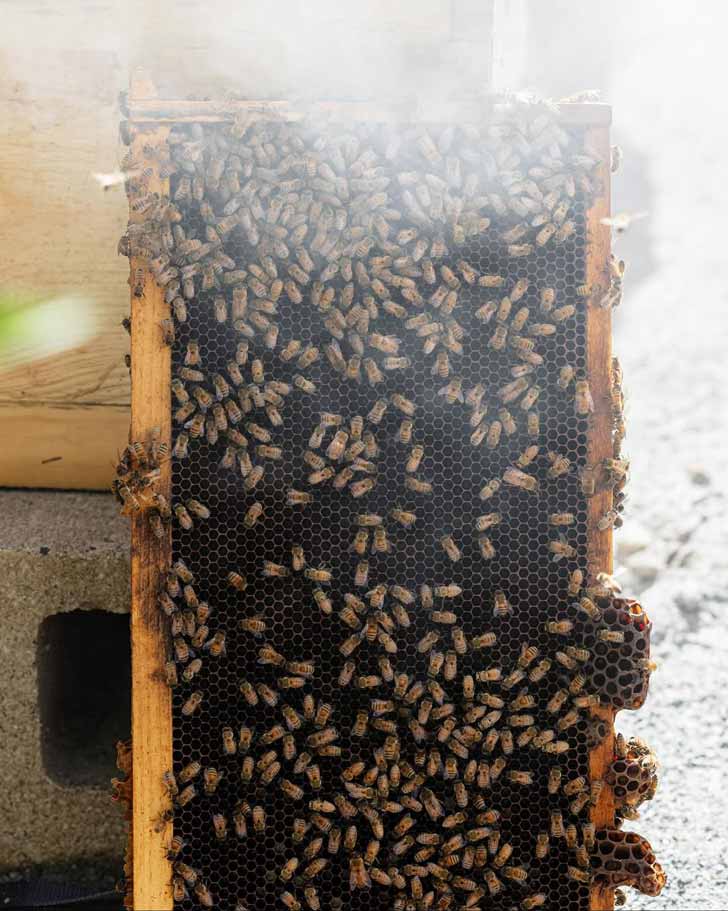
“They’ve been asking tens and tens — hundreds — of questions about how they can get into the program,” Joseph Salvucci, director of treatment and classification at the facility, told MassLive.
“It’s generating a lot of interest, and that’s the main goal: to generate interest and curiosity and, hopefully, turn this into a skill that they can utilize when they get out.”
Those wanting to join the program only have to meet a few prerequisites: They must pass a screening for bee allergies, and should be within 18 months of their release or parole. The goal is to have them all onboarded to the program by February 2026.
The ultimate vision is to allow about a dozen individuals to take part in the program each year, learning in both a classroom setting and in the outdoor environment.
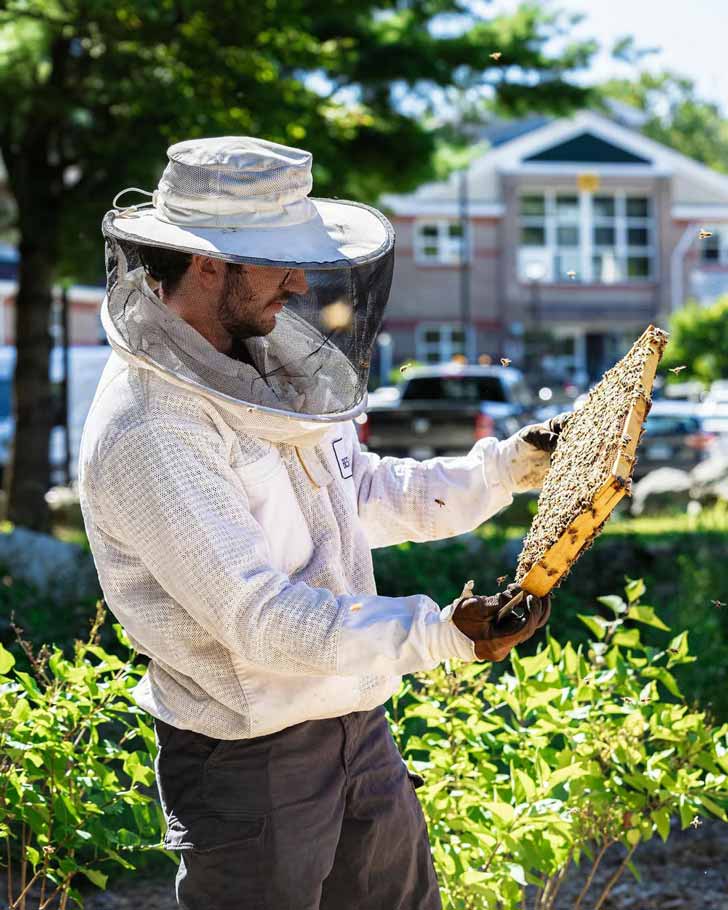
In the program, individuals will receive training in caring for beehives, collecting honey, and learning about the environment. They’ll also learn about insects and ecosystems, gaining both useful skills and scientific knowledge that can help them access opportunities once they’ve completed their sentences.
It’s not the only program like this offered to the inmates; Pondville Correctional Center also has other pre-release programs for incarcerated individuals, like assistance-dog training, English-language workshops, training for automotive work, and more.
“This particular program is unique because it gets folks outside and engaging with nature, giving them an opportunity to develop skills that help when they re-enter back into the communities,” Department of Corrections Commissioner Shawn Jenkins said.
“As a leader in recidivism reduction, the DOC continually evaluates new programs and the possible ways we can grow. We know beekeeping programs have been successful in other correctional agencies across the country,” Jenkins added.
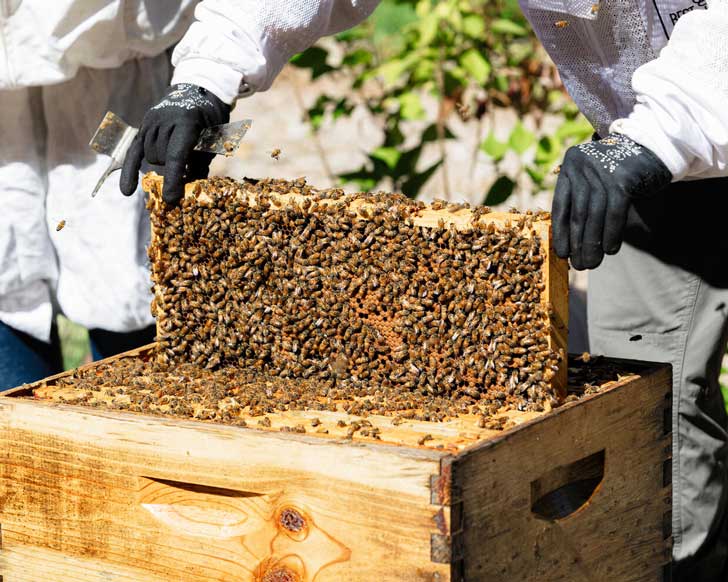
In addition to helping with re-entry, the beehives are also an interconnected part of the facility’s fruit and vegetable garden, which is also tended to by volunteers and incarcerated individuals.
The bees help pollinate the plants, allowing even more produce to be grown and harvested. Since August of this year, more than 400 pounds of produce have been donated to a local food bank in the area.
Hives are also thriving and producing honey early into the program, with experts from Best Bees harvesting and providing it to the facility for use in its culinary programming.
“Having a hive at the Pondville facility allows us to share the inspiration of honeybees with people who might not otherwise have that opportunity,” Paige Mulhern, director of brand at Best Bees, said in a statement.
“This hive has become a unique point of connection — linking our beekeepers, the incarcerated individuals, and the bees in a shared experience of resilience and interconnectedness.”
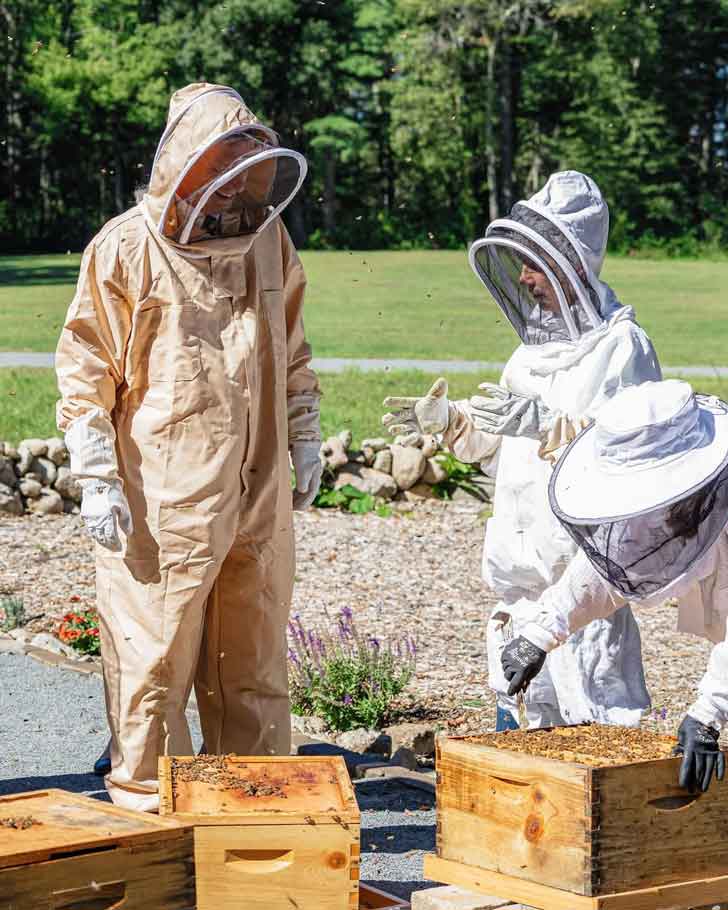
For Goldwitz, that’s the real lesson: Nature as a vehicle for healing.
“It is not just learning entomology, it is not just learning about insects and science. Bees are a catalyst and a metaphor for the way people can work together and individually toward the benefit of the whole community,” Goldwitz said.
“This program is a step toward healing and incorporating nature into the process.”
You may also like: The world's largest women's prison is now home to an independent newspaper — written by and for inmates
Header image courtesy of Massachusetts Department of Corrections


